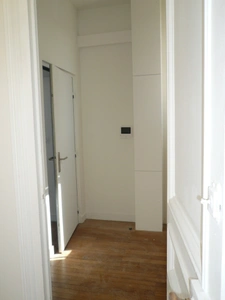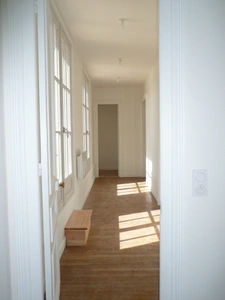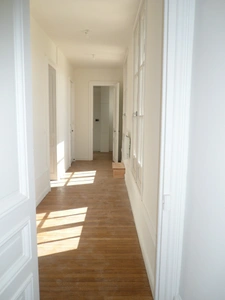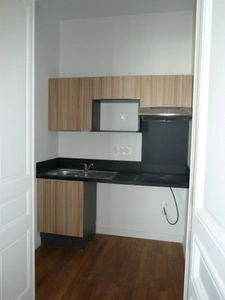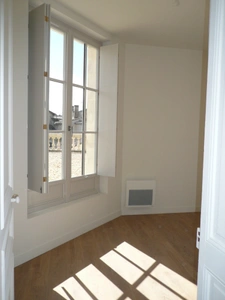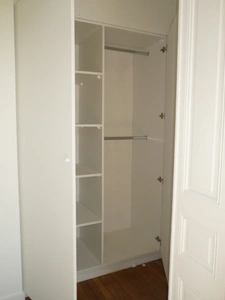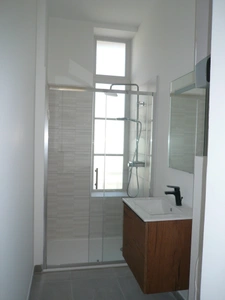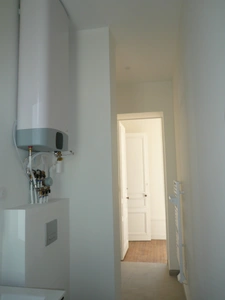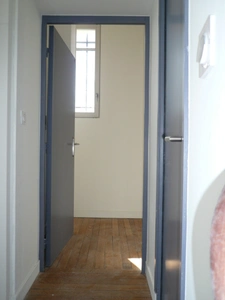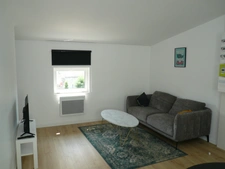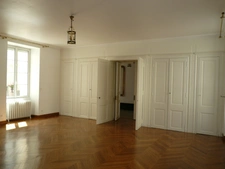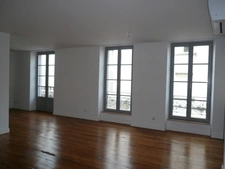COGNAC CENTRE VILLE - AAPARTEMENT DE STANDING
-
bathrooms
1
-
area
72 m2
-
bedrooms
2
Presentation of the property : Apartment 3 rooms for rent in COGNAC
Les informations sur les risques auxquels ce bien est exposé sont disponibles sur le site Géorisques : www. georisques. gouv. fr.
Réseau Immobilier CAPIFRANCE - Votre agent commercial (RSAC N°399 253 715 - Greffe de ANGOULEME) Jean-Philippe FARGEAS Entrepreneur Individuel à Responsabilité Limitée 06 07 23 40 42 - Réf.919888
Security deposit : 835 €
Features of this property :
| 340 930 701 073 | |
| 2 | |
| 3 | |
| 72 m² | |
| 72 m² | |
| 1 | |
| 3 | |
| 1 |
| Electric, Fireplace | |
| yes | |
| yes | |
| yes |
| 984 € | |
| 835 € | |
| 698 € | |
| 149 € | |
| 835 € |
Average energy prices indexed as of January 1, 2021 (subscriptions included)
Capifrance advisor in charge of this property
If you wish to delegate the management of your rental property, your Capifrance advisor can help you subscribe to a mandate with our specialized service at the headquarters. A dedicated team will handle all aspects of your rental and will become your main contact for relations with the tenant.
For residential properties, rental fees paid by the tenant are capped according to the Alur law: €8, €10, or €12 per square meter of living space depending on the zone (non-tense, tense, very tense). The fees for the inventory of fixtures are capped at €3 per square meter. The Alur law stipulates that the tenant should not pay more in fees than the landlord. Therefore, the same caps apply to the fees owed by the landlord, in addition to intermediary fees.
Subscribing to a Rent Guarantee Insurance (RGI) can be very beneficial for several reasons:
Financial protection: RGI insures the landlord against the risk of unpaid rent, ensuring a stable rental income even if the tenant defaults.
Legal fees: In the event of a dispute with a tenant, RGI covers legal and procedural costs to recover unpaid rent or proceed with an eviction.
Property damage: Some insurance policies include coverage for material damage caused by the tenant to the property.
Income security: It provides peace of mind to the landlord by ensuring a regular income, which is essential for those who rely on rent to repay a mortgage, for example.
Tenant selection: Insurance companies often conduct a rigorous assessment of the tenant's solvency, which can help in selecting reliable tenants.
Non-Occupant Landlord Insurance (PNO) is an insurance specifically designed for property owners who do not occupy their properties themselves, whether these properties are rented out, vacant, or used occasionally.
PNO insurance often complements the multi-risk home insurance taken out by the tenant and can be mandatory for co-owners depending on the condominium regulations. It offers extensive protection to the owner, whether it is to protect their investment or to guard against liabilities related to the property.
Do you need advice for your real estate project? Contact a Capifrance advisor
Find out the market price of your property














